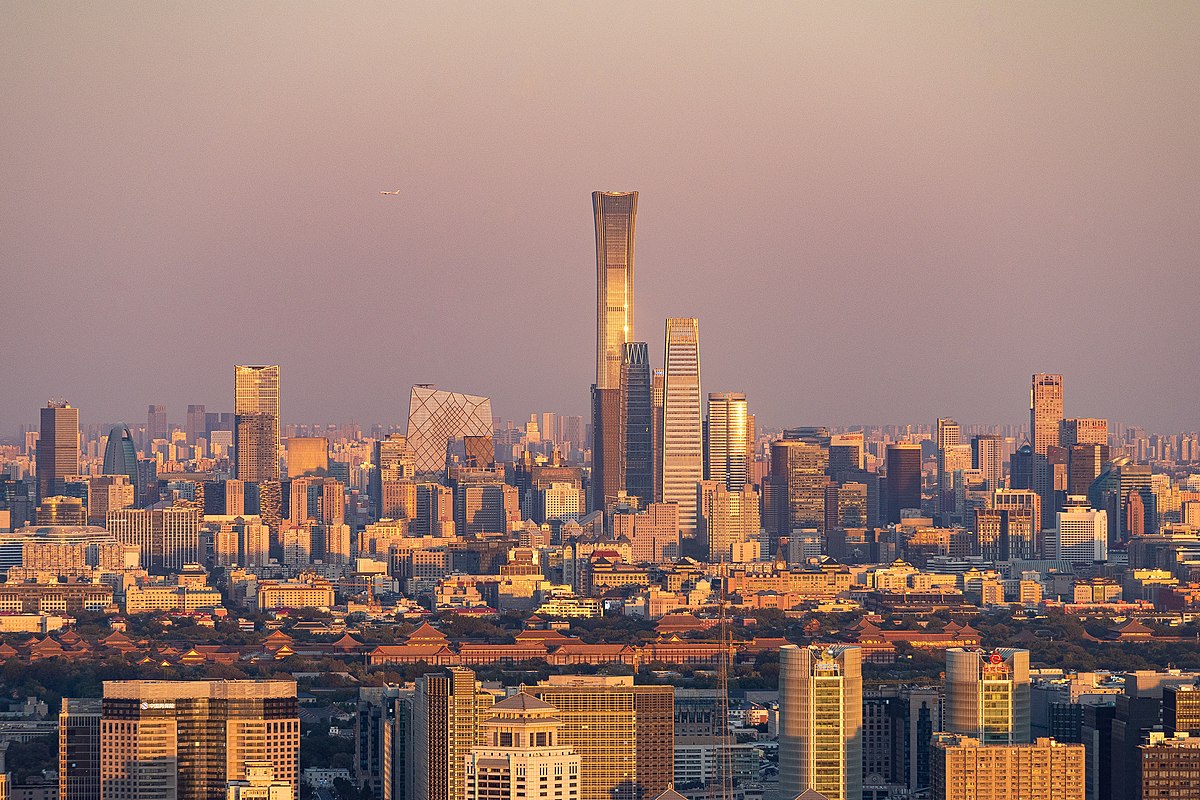Middle East Geopolitics II: In diplomacy, shifting mediators display shifting ideologies

The skyline of Beijing, China, where the diplomatic ceremony between
Saudi Arabia and Iran was hosted, 2021.
Jonah Carlson - Earlier this month, Iran and Saudi Arabia declared their intents to reestablish diplomatic relations that were severed for much of the last decade. This momentous act of diplomacy has stirred discussion in the United States due to its mediating party: China. David Pierson explores the global repercussions of the event from both a local and great-power perspective in an article in The New York Times.
The moment marks a new data point in a series that illuminates a global threat to the United States’ ideological power. Ideological power is central to effective diplomacy: with it, states can convince actors to pursue their interests without excessive coercion or force. The U.S. has built its ideological power on the tenets of liberalism and democratic governance, applying this model on a global scale since 1945. However, the Biden administration has struggled to straddle both effective diplomacy and its framing of the global stage as a conflict between “democracy” and “autocracy.” Deteriorating relationships since the turn of the 21st century have made the U.S. appear to be an unsavory broker in the Middle East. Meanwhile, Wu Xinbo, an academic at Fudan University in Shanghai whom Pierson quotes, reveals an emergent perspective: one where China is seen as operating on a less biased, “different diplomatic paradigm.” Despite longtime allyship, Saudi Arabia is increasingly less likely to see the U.S. as an effective party for negotiating with neighboring autocracies. China’s position as an autocracy produces smoother diplomacy compared to the U.S.’s pursuit of democratic interests. This is further evident when Pierson notes that analysts believe Xi Jinping sees Iran as “a like-minded critic of the West…”
China’s increased footprint on the global diplomatic stage is not merely the product of its ideological influence, however. China’s swift rise in material power plays an unignorable role in its diplomatic appeal. Pierson notes that China’s introduction of 5G networks to the Middle East, its large investments in Iran and its position as Saudi Arabia’s paramount partner in trade all make the country a top contender for future diplomatic mediation in the region. China’s major infrastructure investment projects, including the expansive Belt and Road Initiative, provide the potential for this diplomatic appeal to become a global phenomenon.
Photo source. N509FZ, CC BY-SA 4.0, via Wikimedia Commons.

